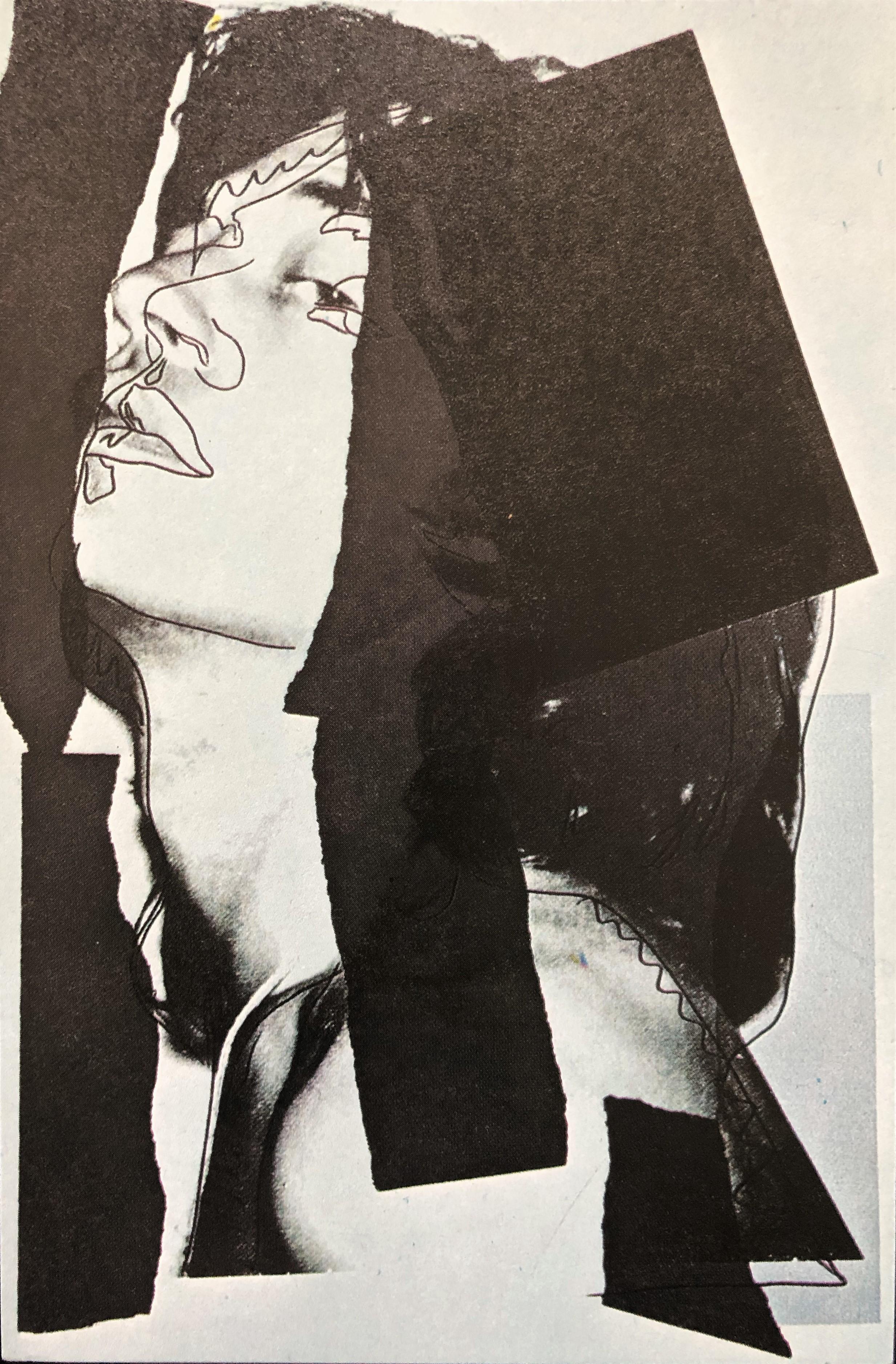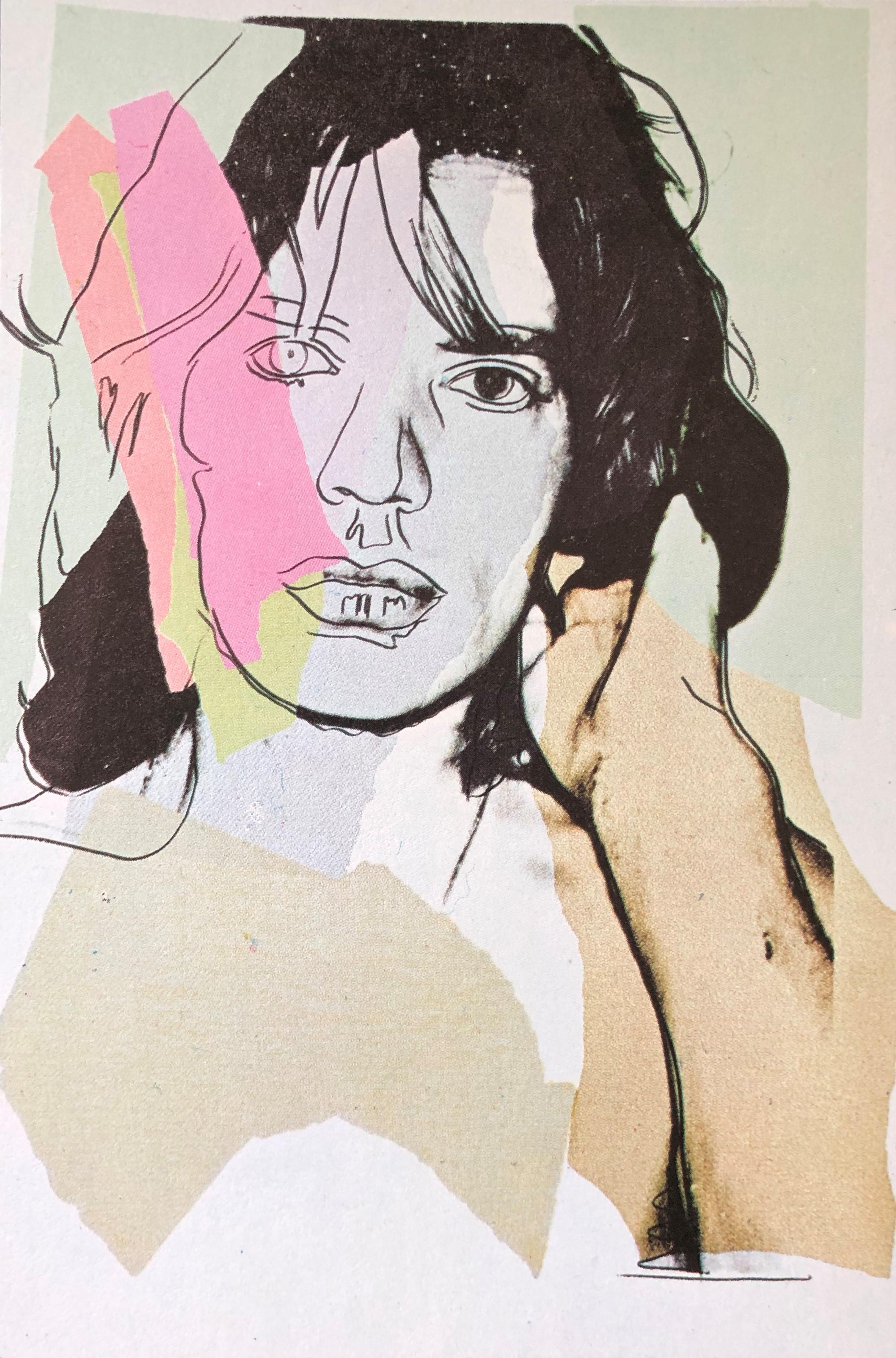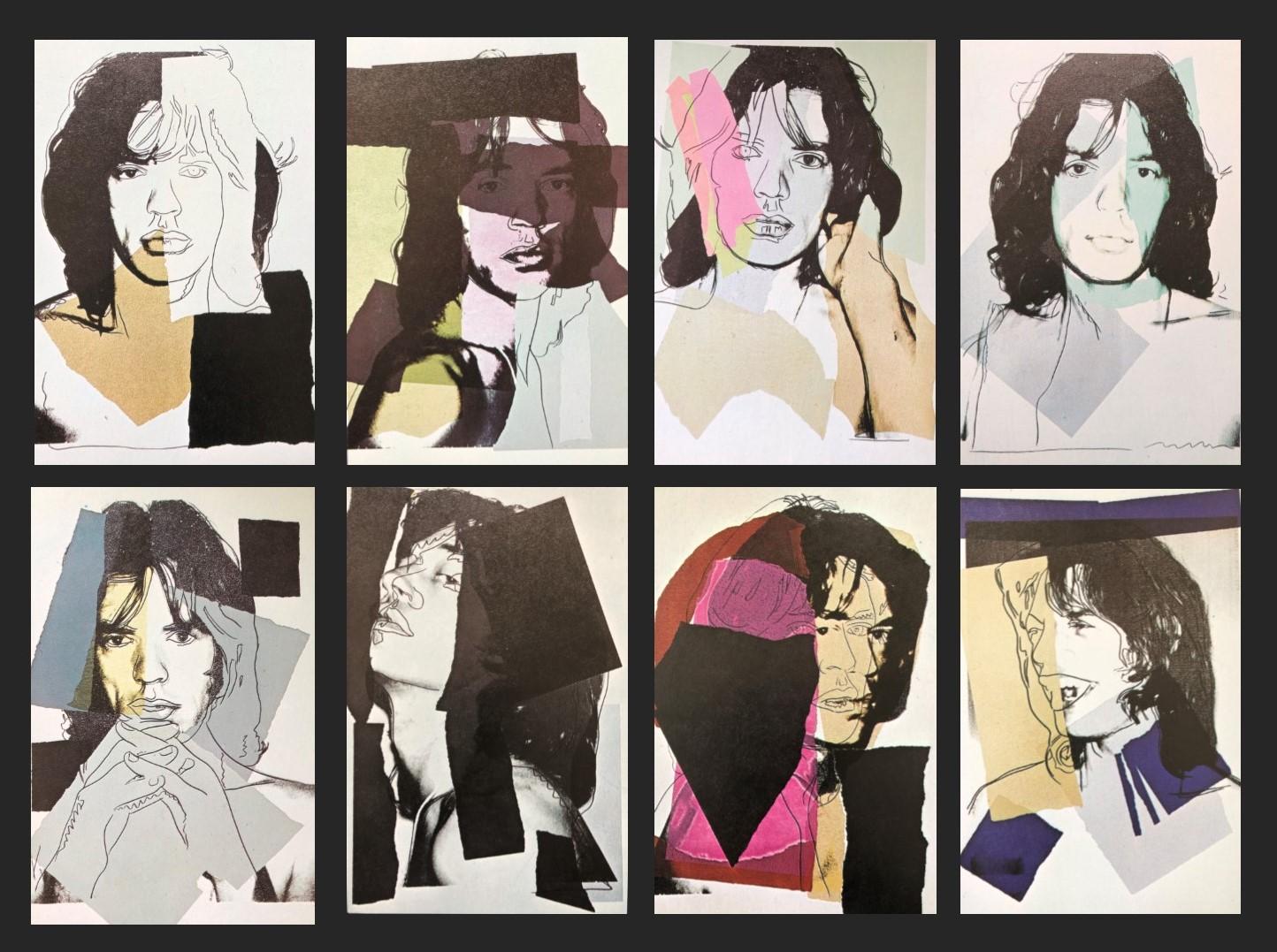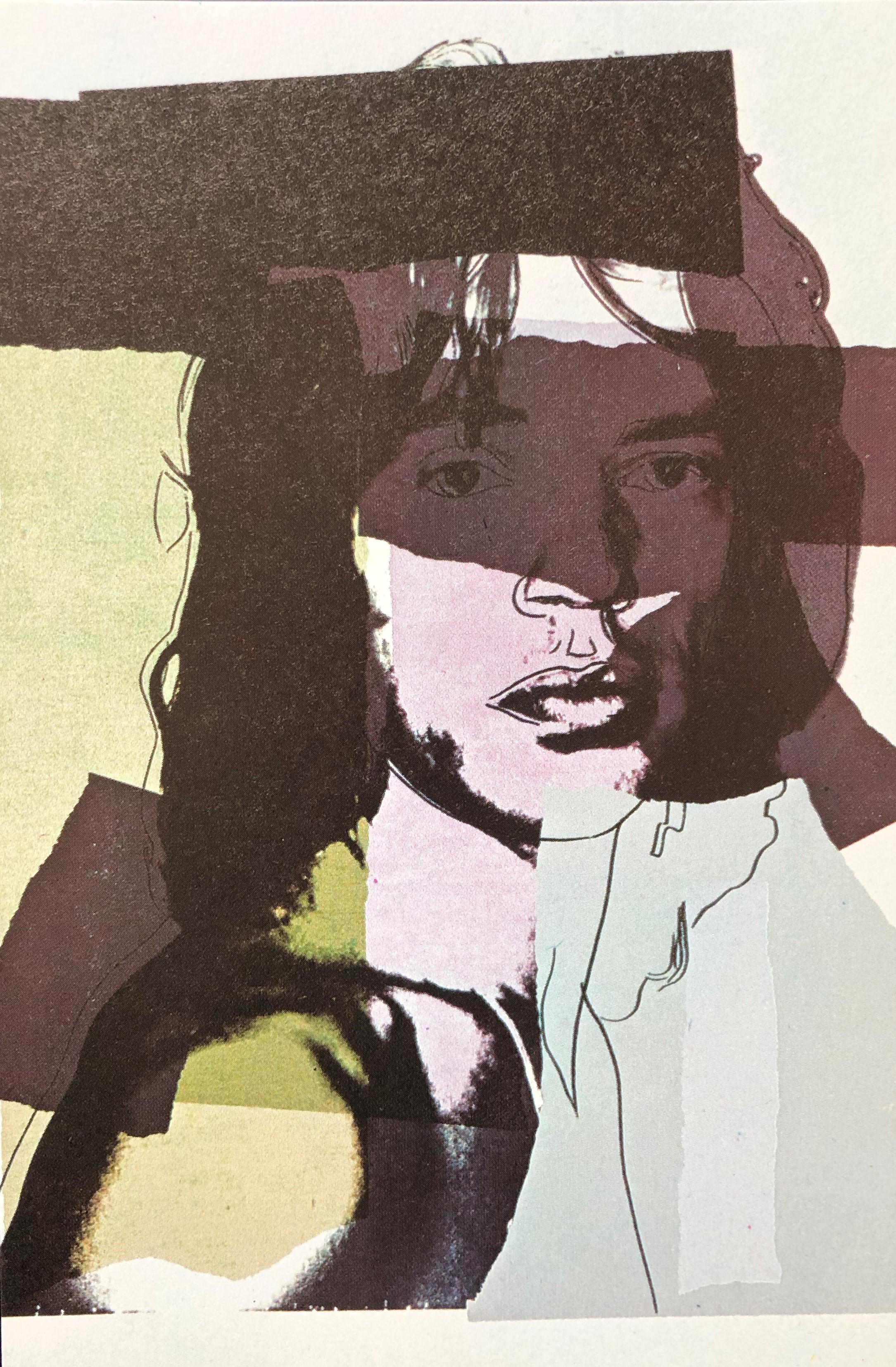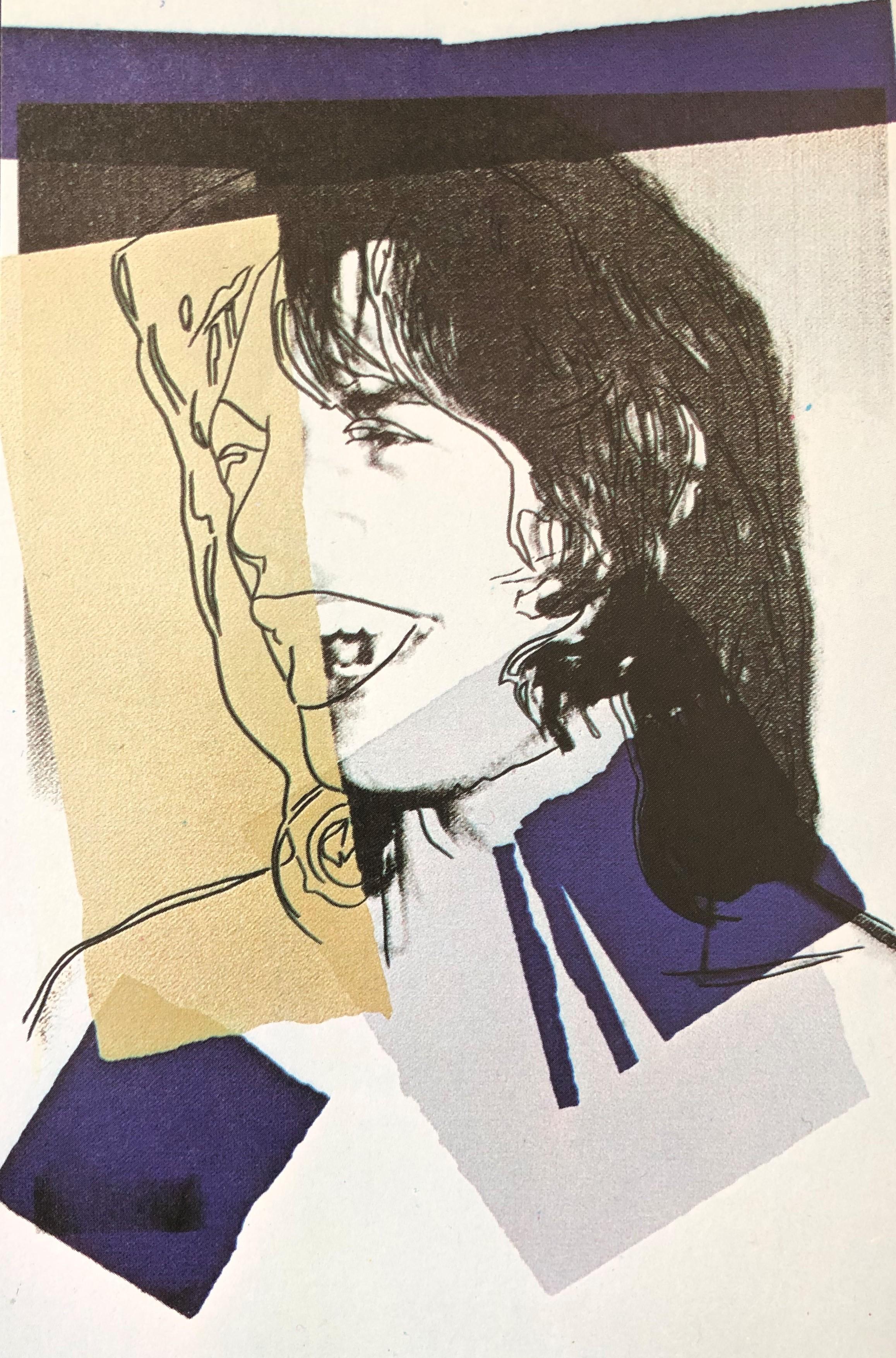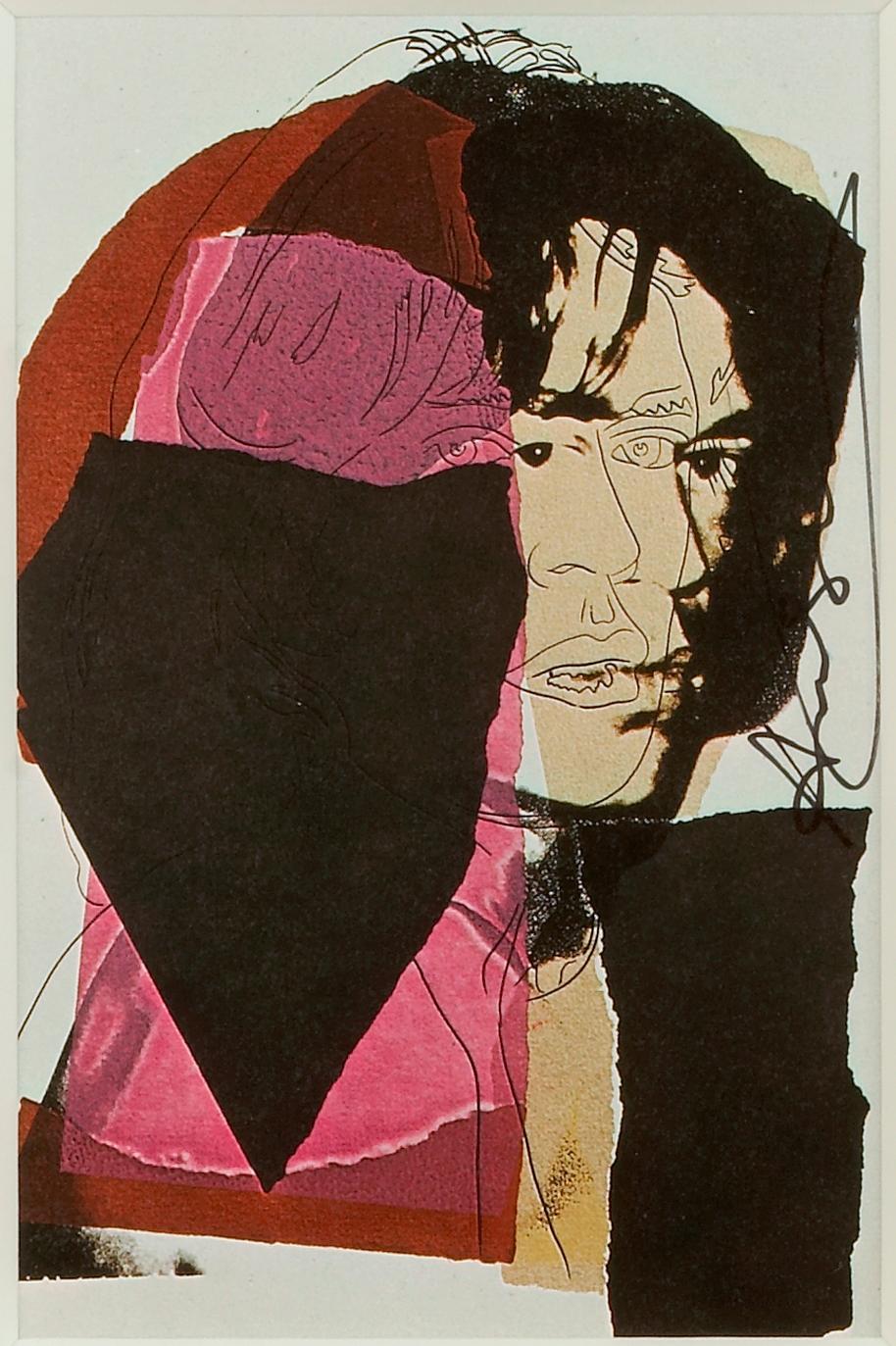Keith HaringFree South Africa1985
1985
About the Item
- Creator:Keith Haring (1958-1990, American)
- Creation Year:1985
- Dimensions:Height: 32 in (81.28 cm)Width: 40 in (101.6 cm)
- More Editions & Sizes:Edition of 60Price: $175,000
- Medium:
- Movement & Style:
- Period:
- Condition:
- Gallery Location:Miami, FL
- Reference Number:1stDibs: LU53832504173
Keith Haring
Keith Haring began experimenting with his bold, graphic lines and cartoon-inspired figures on the walls of New York City subway stations in the early 1980s. He called them his “laboratory,” places to develop a radical new aesthetic based on an ideology of creating truly democratic public art.
Haring’s paintings, prints and murals address the universal themes of death, love and sex, as well as contemporary issues he experienced personally, like the crack-cocaine and AIDS epidemics. They derive much of their impact from the powerful contrast between these serious subjects and the joyful, vibrant pictographic language he uses to express them, full of dancing figures, babies, barking dogs, hearts and rhythmic lines, as well as references to pop culture.
To make his art even more accessible, in 1986, Haring opened the Pop Shop in Soho. In a foreshadowing of today’s intermingling of art and fashion, the shop sold merchandise and novelty items featuring imagery by Haring and contemporaries like Kenny Scharf and Jean-Michel Basquiat. While his works sometimes included text, for the most part, he chose to communicate through drawing.
“Drawing is still basically the same as it has been since prehistoric times,” Haring once declared. “It lives through magic.”
Find Keith Haring art on 1stDibs today.
- ShippingRetrieving quote...Ships From: Miami, FL
- Return PolicyA return for this item may be initiated within 7 days of delivery.
- Main StreetBy Ed RuschaLocated in Miami, FLTECHNICAL INFORMATION Ed Ruscha Main Street 1990 Lithograph 8 1/4 x 10 1/4 in. Edition of 250 Pencil signed, dated and numbered Accompanied with COA...Category
1990s Pop Art Prints and Multiples
MaterialsLithograph
- 1, 2, 3 OutsideBy James RosenquistLocated in Miami, FLTECHNICAL INFORMATION James Rosenquist 1, 2, 3 Outside 1972 6 color lithograph with embossing and debossing 40 1/2 x 31 in. Edition of 70 Pencil signed, dated, titled and num...Category
1970s Pop Art Prints and Multiples
MaterialsLithograph
- Artist’s Rights TodayBy Robert RauschenbergLocated in Miami, FLTECHNICAL INFORMATION Robert Rauschenberg Artist’s Rights Today 1981 Embossed Lithograph 40 x 27 in. Edition of 200 Pencil signed, dated & numbered Accompanied with COA by ...Category
1980s Pop Art Prints and Multiples
MaterialsLithograph
- Stencil CamelBy Larry RiversLocated in Miami, FLTECHNICAL INFORMATION: Larry Rivers Stencil Camel 1978 Color stencil and pochoir printed on acetate and color lithograph on two sheets 25 x 21 1/2 in. Artist's Proof (A.P.) of 25 Pencil signed and numbered Accompanied with COA by Gregg Shienbaum Fine Art. Condition: This work is in excellent condition. Frame: This work is framed in a wood frame. ABOUT THIS WORK: The logo of Camel cigarettes...Category
1970s Pop Art Figurative Prints
MaterialsStencil, Lithograph
- Pucci PantsBy Mel RamosLocated in Miami, FLTECHNICAL INFORMATION Mel Ramos Pucci Pants 2015 22 color lithograph mounted o cardboard, shaped and applied on gold leaf 19 x 16 1/2 in. Edition of 300 Presented in its original bo...Category
2010s Pop Art Prints and Multiples
MaterialsLithograph
- The Woodcut BathrobeBy Jim DineLocated in Miami, FLTECHNICAL INFORMATION: Jim Dine The Woodcut Bathrobe 1975 Woodcut and lithograph on Natsume 4007 paper 36 x 24 in. Artist's Proof (A.P.) Pencil signed, dated and numbered Accompanied with COA by Gregg Shienbaum Fine Art. Condition: This work is in excellent condition. Frame: This work is framed in a light wood frame with matte, as shown in photos. ABOUT THE WORK: Jim Dine began painting bathrobes in 1964; some of them were titled or subtitled as self portrait. The bathrobe became a motif in his repertoire which he has returned to on many occasions, in prints as well as paintings. Though he claimed never to wear a bathrobe, nonetheless these are all, in a way, portraits and self portraits. Dexter's Four Robes illustrates the enduring importance of the bathrobe motif in Dine's work, a motif that he has been using over the years in countless printed works to depict mostly himself, but also his wife and people around him. This subject came to him as source of inspiration after coming across an image of a man's dressing gown...Category
1970s Pop Art Portrait Prints
MaterialsLithograph, Woodcut
- Mick Jagger X - Andy Warhol, Announcement card, Rolling Stones, Musician, PopBy (after) Andy WarholLocated in Knowle Lane, CranleighMick Jagger X - After Andy Warhol. This black and white colour scheme lithographic print features - Mick Jagger - an iconic rock legend who was the frontman and one of the founders ...Category
1970s Pop Art Portrait Prints
MaterialsLithograph
- Mick Jagger V - Andy Warhol, Announcement card, Rolling Stones, Musician, PopBy (after) Andy WarholLocated in Knowle Lane, CranleighMick Jagger V - After Andy Warhol. The light green background contrasts with the abstract pink slashes on the image of this lithographic print. Mick Jagger is an iconic rock legend who was the frontman and one of the founders who sang lead in the British Rock and Roll Band, The Rolling Stones...Category
1970s Pop Art Portrait Prints
MaterialsLithograph
- Andy Warhol, Jagger Announcement cards SET OF 10, Rolling Stones, Musician, PopBy (after) Andy WarholLocated in Knowle Lane, CranleighAfter Andy Warhol. These lithographic prints feature an image of Mick Jagger - an iconic rock legend and the lead singer of the Rolling Stones. These unsigned postcard sized prints ...Category
1970s Pop Art Portrait Prints
MaterialsColor, Lithograph
- Mick Jagger III - Andy Warhol, Announcement card, Rolling Stones, Musician, PopBy (after) Andy WarholLocated in Knowle Lane, CranleighMick Jagger III - After Andy Warhol. In this print, Warhol incorporated solid abstract shapes to emphasize Jagger's features - here, focusing on the singer’s famous lips, along with...Category
1970s Pop Art Portrait Prints
MaterialsLithograph
- Mick Jagger VI - Andy Warhol, Announcement card, Rolling Stones, Musician, PopBy (after) Andy WarholLocated in Knowle Lane, CranleighMick Jagger VI - After Andy Warhol. The line drawing placed on a golden backdrop is a feature unique to this print adding a sense of motion to Jagger’s features which shows him in a...Category
1970s Pop Art Portrait Prints
MaterialsLithograph
- Mick Jagger VII - Andy Warhol, Announcement card, Rolling Stones, Musician, PopBy (after) Andy WarholLocated in Knowle Lane, CranleighMick Jagger VII - After Andy Warhol. In this print, intense shades of black, maroon, gold and deep pink frame Jagger’s features and the placement of the line drawing creates a three-...Category
1970s Pop Art Portrait Prints
MaterialsLithograph
